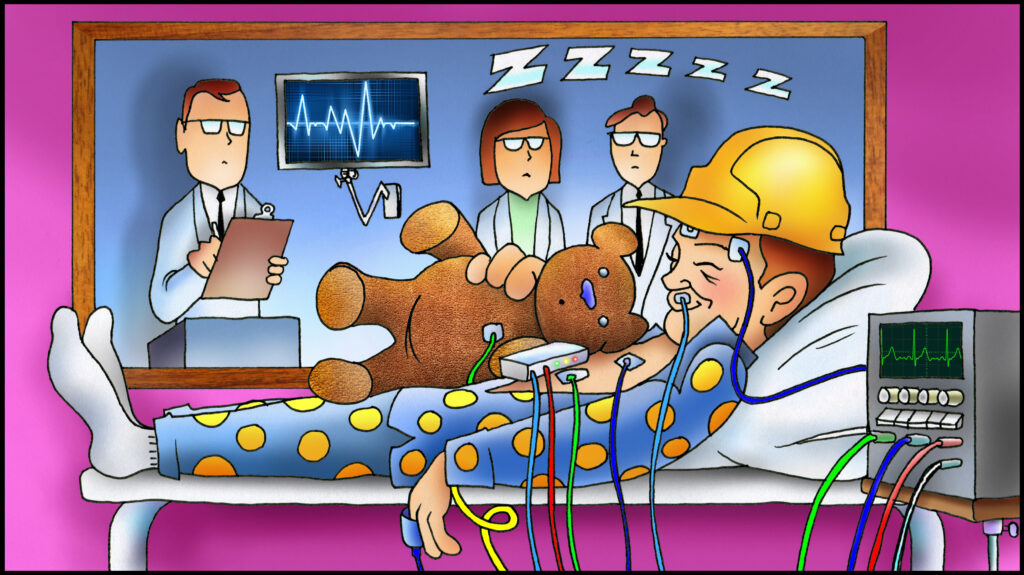Controllers and their companies share responsibility for ensuring there is adequate time for getting sufficient rest between shifts. The company must provide time for employees to get eight hours of sleep in a 24-hour period as well as time for travel between home and work. The company has a responsibility to ensure adequate staffing and limits on hours of service, among other things. Employees should use their off-duty time to get as much sleep as possible in order to stay healthy and fit for duty.
Our circadian rhythm is a natural cycle of energy flow and hormone production that occurs within a 24-hour cycle. As part of this cycle, the hormone melatonin is secreted as the sun goes down causing our bodies to begin feeling sleepy. Shift work forces Controllers to power through that natural urge to sleep and, instead, stay alert through the night as the schedule demands.
Because of this type of work schedule, shift workers sometimes develop sleep disorders. It’s challenging to maintain good sleep habits, even for the most disciplined employees, when working rotating shifts. If you find that you are unable to get the quantity and quality of sleep needed to stay alert on the job, you may need to see a sleep specialist about possible sleep disorders. The good news is that sleep disorders are treatable.
Sleep disorder symptoms include:
- Difficulty falling or remaining asleep
- Awaking unrefreshed or with a headache
- Persistent daytime sleepiness
- Loud or disruptive snoring, especially with pauses in breathing
- Uncomfortable sensation in arms or legs
- Involuntary movement or twitching of arms or legs
Shift workers can suffer from circadian rhythm disorders, which refers to a disruption in the natural timing of sleep according to daylight and darkness. Light is the visual cue that regulates the body’s internal clock, but when a shift worker’s schedule conflicts with the body’s natural cycle, disruption to circadian rhythms can occur.
One more sleep disorder that we’ll mention is microsleeps. Microsleeps can be described as that moment when the brain grabs a quick nap without your permission. It’s the human brain responding to extreme sleep deprivation by reducing alertness, involuntarily.
During a microsleep, you may appear to be awake, with your eyes open, however your brain is not processing incoming information. A sleep deprived person can’t control microsleeps and is usually not aware they are occurring. Because microsleeps happen involuntarily, these are especially dangerous for drivers and have been the cause of many serious and deadly accidents.
Microsleeps, and other sleep disorders, put a Controller’s life, safety and work at risk. Seek to get an adequate quantity and quality of sleep each day, and seek professional medical intervention when necessary.
MANAGING FATIGUE EDUCATIONAL PROGRAM | Scarlet Knight © 2021 Please Distribute to Others.




